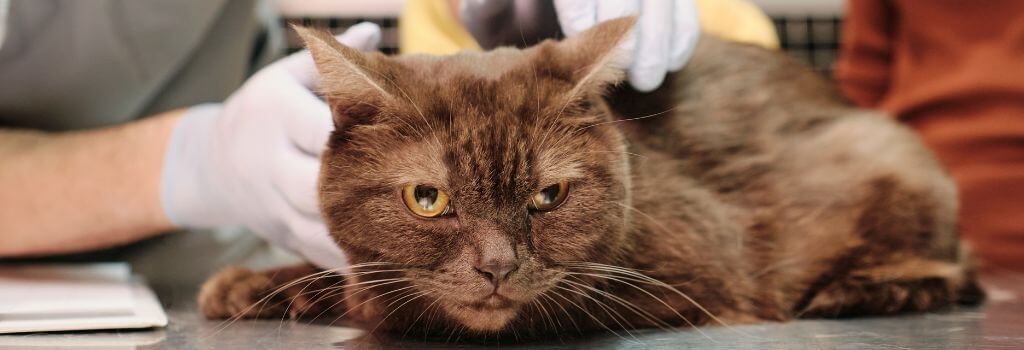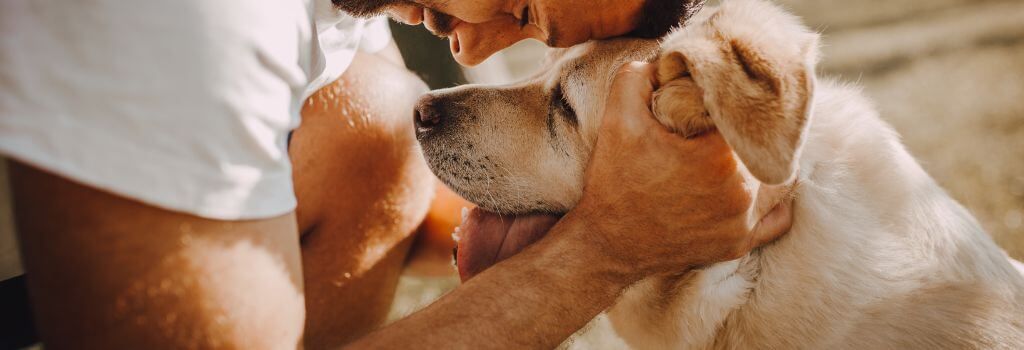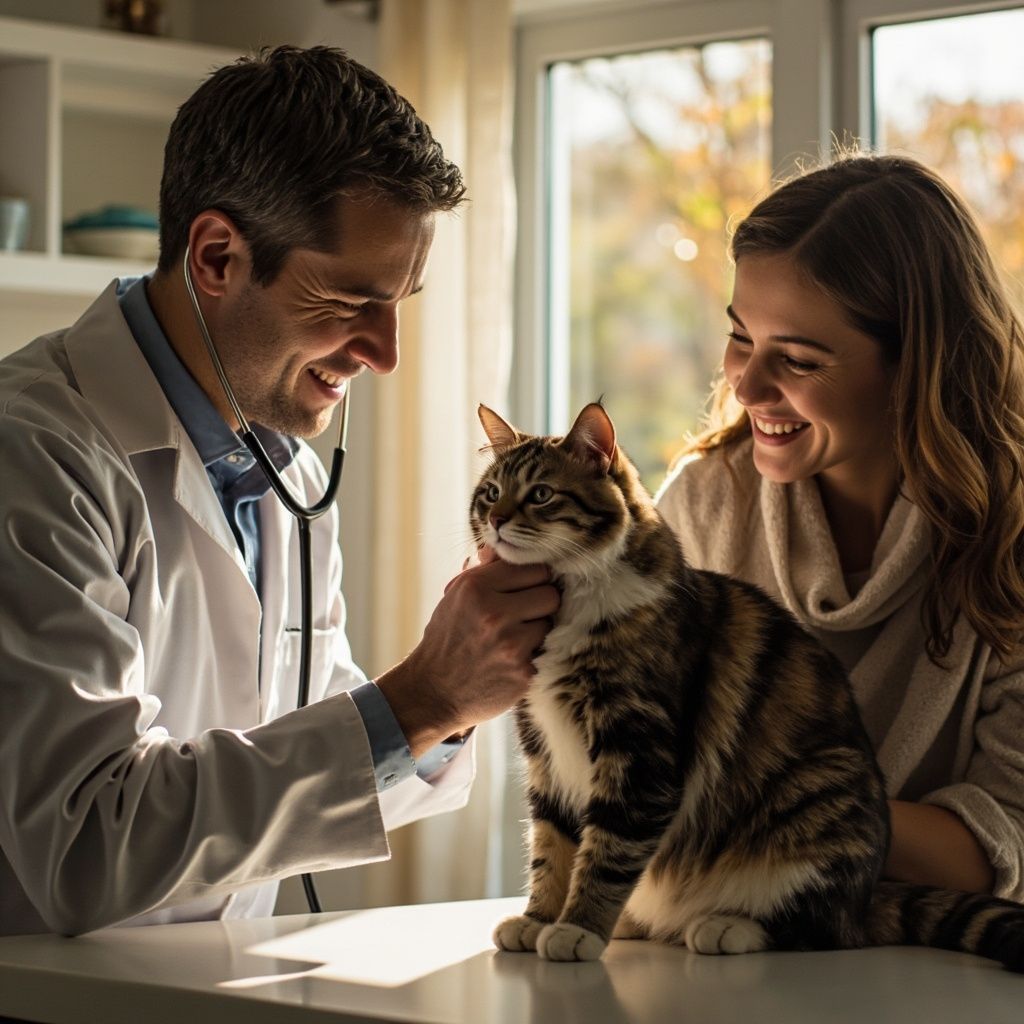Ready to Take the Puppy Plunge? Here Are 6 Things to Know First
Adopting a puppy is one of life's greatest moments, regardless of age. From their sweet little faces to their cozy snuggles, puppies are the cutest companions and naturally become the center of attention for many families. Along with their cuteness and playful nature, puppies come with great responsibility. From having adequate space to fitting puppyhood into your lifestyle, the following are the top factors to consider when determining if you're ready to take the leap and adopt a puppy.
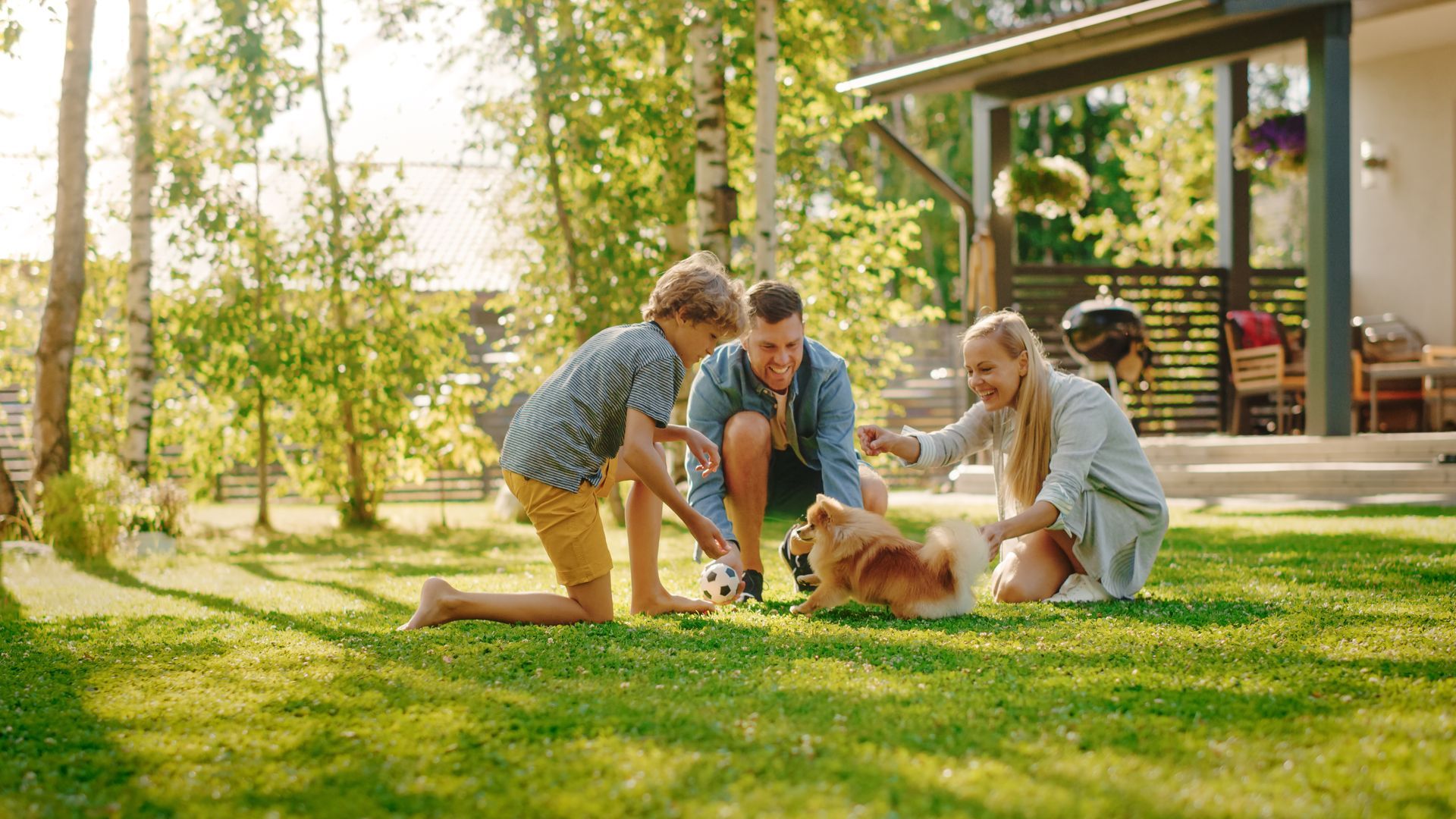
1. Family Agreement
Welcoming a puppy into the home impacts everyone living under that roof. Everyone should be willing to care for the puppy and excited to welcome the new addition. Sometimes, parents are at work or away, and older children must care for the puppy. There will be times when the puppy is sick and needs extra love and attention. The entire family must be willing to contribute and ensure the puppy is cared for, loved, and thrives in its new environment. Much like raising children, a puppy takes a village too.
2. Time to Dedicate
Puppies require a lot of time and attention from their owners. House training is a time-consuming task that requires consistency and patience—and that includes training them to eliminate outside and curbing unwanted behaviors such as chewing shoes and furniture. They also have a ton of energy that requires adequate playtime and many walks. Before you adopt a puppy, make sure your schedule allows time to focus on their needs. The American Kennel Club outlines how much exercise a dog needs daily.

3. Adequate Space
As mentioned above, puppies have a LOT of energy. They must let it out, which means space to play, run, and explore. If you reside in an apartment, that might be a challenging environment for a larger breed dog since puppies grow quickly. House training is also a little more complicated in an upper-level apartment since it takes time to get outside, and their small bladders might not make it every time. Ideally, a puppy will have space to run and expel their energy, a safe neighborhood for walks, and quick access to the outdoors during house training.
4. Lifestyle
You should consider your lifestyle before welcoming a puppy into your life, as they have specific needs and create certain complications. For example, a sedentary lifestyle doesn't mesh well with a puppy's need for exercise—nor is that healthy for an older dog. Also, if you enjoy tropical vacations, cruises, and European adventures, you might often find yourself booking a boarding facility for your puppy.
Ask yourself the following lifestyle questions before adopting a puppy:
- Do I live an active lifestyle that supports a dog's need for exercise?
- Do I travel a lot to destinations that aren't dog-friendly?
- Do my working hours outside the home mean my dog will be alone all day?
- Do I have family, friends, or neighbors who can help with my dog when needed?
- Does my lifestyle mean my dog will be in daycare or boarded a lot?
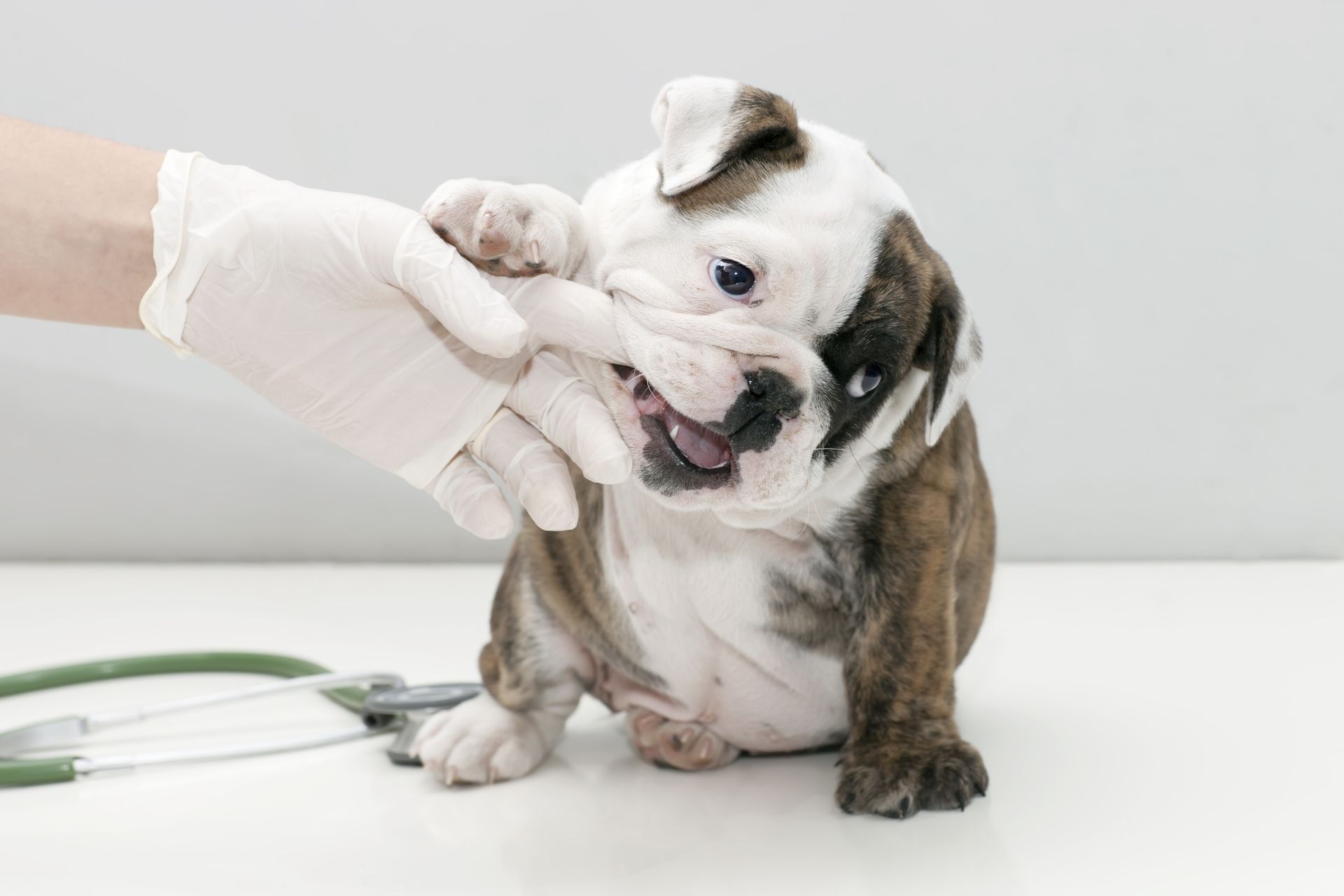
5. Financial Considerations
Puppies are certainly not a cheap investment. From vaccinations and veterinary check-ups to unexpected illnesses, grooming expenses , and food , the costs add up quickly. Before committing, ensure you have the finances to support a dog and cover all their needs. Your dog may require a more expensive prescription food, develop a chronic illness that requires medication , or experience an injury that requires surgery. Pet insurance is an option, but many require up-front payment with a reimbursement process.
6. Do Your Breed Research
Identifying what type of puppy you want is the final consideration in confirming you're ready. Dogs come in all sizes and various breeds. Make sure you've done your research to understand what breed is ideal for you and your lifestyle. This can mean the difference between a lasting and loving bond and buyer's remorse if your chosen breed is not a good fit. As veterinarians, we see far too many dogs get rehomed due to their breed not aligning with a person or family's day-to-day life. To avoid this heartbreaking circumstance, choose a dog breed matching your activity level, living space, etc. If you're adopting a dog from a shelter, their employees will often have plenty of information on what that dog is like from a temperament perspective.
Contact us to learn more about the big decision to purchase a puppy and everything that comes with being a first-time owner.
Recent Posts

